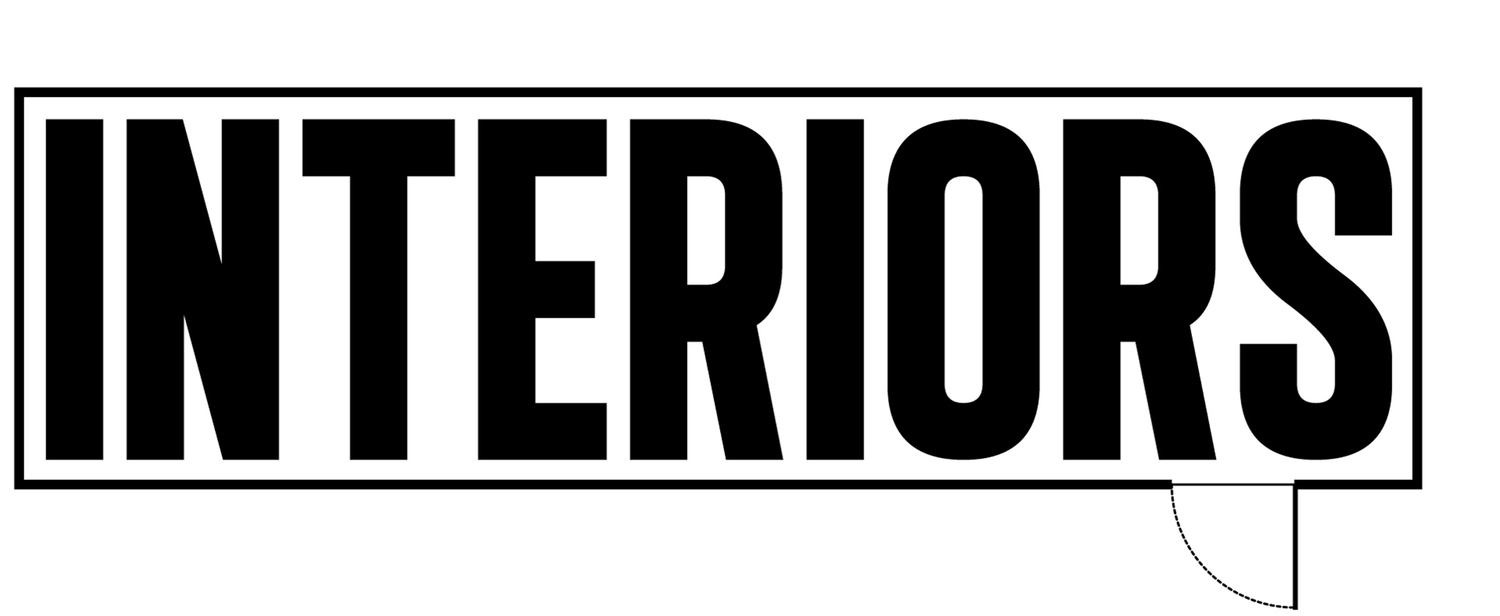Screenshot: Heat (1995)
/The closing moments of Michael Mann’s crime opus are full of emotion, aided by Moby’s swelling score and the hand-holding denouement as Robert De Niro’s Neil McCauley shuffles off this mortal coil beneath the twinkling LA night sky.
Following nearly three hours of high octane cinematic cat and mouse antics as master thief McCauley and his gang plan and execute a series of audacious heists -- all the while evading capture by Al Pacino’s tenacious cop Vincent Hanna -- the film reaches its "bromantic" climax by one of LAX’s many runways, lit in part by flashing signal lights, airplane traffic and the distinctive blue mist of a smoggy Los Angeles skyline.
Having observed his primary tenet of "never have anything in your life that you can’t walk out on in thirty seconds flat, if you spot the heat coming 'round the corner," McCauley is forced on the run by Hanna after an ill-judged vengeful hit of a traitorous gang member delays his flight to freedom with new found love Edie.
As with most crime films, things come unstuck when the hero (or villain in this case) deviates from a set of highly prescriptive and ordered routines, and it’s this detour from "reason" that prompts McCauley’s demise. His hardened and clinical approach fostered through years of dedication results in a character more akin to a sharpened tool than a human being; an efficient composite of set methodical responses to measured external forces. McCauley’s awkwardly affectionate relationship with Evie -- which reveals a more vulnerable side at first, but which later becomes sinister and finally destructive -- demonstrates his inability to manage life when control is lost. Love is as alien a concept to McCauley as a life of "ballgames and barbecues," and its this emotion with all of its uncertainties that knocks him off balance.
As gang leader, McCauley is also father figure to Chris Shiherlis (Val Kilmer), Michael Churino (Tom Sizemore) and Trejo (Danny Trejo) all of whom are family men. Both McCaluey and Hanna however see that dedication to their work and commitment to a family are far from mutually compatible, but its McCauley that has chosen a life of prolonged solitude for reasons of self preservation and to steady his hand of judgement when dealing with his underlings’ family affairs.
The relationship that develops between McCauley and Hanna is one of mutual respect but also co-dependence as is made evident when the two meet in the fabled coffee shop scene midway through the film. The scene is tinged with both machismo and melancholy as the two men openly confess to having no other option than to pursue their chosen professions; a criminal mastermind afraid of drowning and an ace detective with recurring nightmares of dead-eyed victims he’d failed to save.
Michael Mann has been accused of laziness when portraying female characters, choosing instead to focus heavily on the trials and tribulations that beset his leading men, from Thief (1981) and Manhunter (1986) to Collateral (2004) and Public Enemies (2009). Taken at face value -- and in his defense, it seems Mann is simply more interested in examining the complexities of masculinity and the unique male bonds which develop between (mainly) criminals, cops and rebels. None of his male characters seem at all enamored by the quiet life, and all seem to harbor self destructive tendencies. Even his heroes – such as Russell Crowe’s Jeffrey Wigand (The Insider, 1999) or Will Smith’s Cassius Clay (Ali, 2001) seem to be damaged goods, and I’d guess that it’s these men’s darker sides which appealed to the director more than their courageous achievements.
Returning to the coffee shop scene in Heat, Neil McCauley speaks at one point about a ‘flip side to a coin’ when countering Hanna’s threat that, although reluctantly, he wouldn’t hesitate in taking down McCauley if it came down to a choice between him and ‘a poor bastard who’s wife would be made a widow’.
This flip-side remark by McCauley is at the heart of Heat and many other of Mann’s films that have dual protagonists often battling it out across a moral divide. The point so often made in these films however is that there is far more that unites his leading men than separates them, and that the line separating those who choose a life of crime from those intent on preventing it is a very thin line indeed.
Perhaps this is why, at the end of Heat, it’s the hand of Vincent Hanna and not that of Edie that holds Neil McCauley’s while both the music and the light fade into blackness.
Screenshot is an ongoing column from Gabriel Solomons, Senior Lecturer at the University of the West of England, Editor-in-Chief of The Big Picture magazine and Series Editor of The World Film Locations and Fan Phenomena book series. Screenshot examines a single shot from a film and presents an in-depth analysis.


